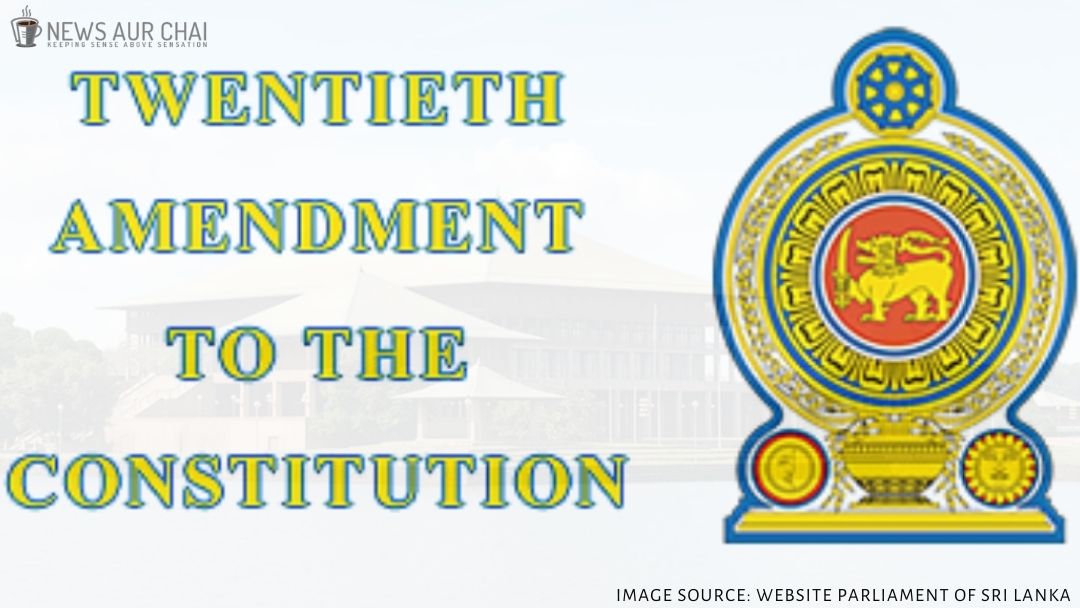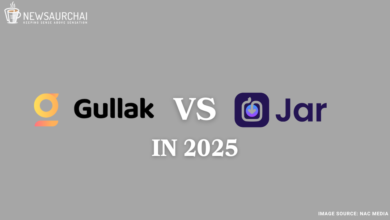
Sri Lanka‘s Government on September 2, gazetted a proposal of the 20th Constitutional Amendment, which was tabled before the parliament on September 22 to repeal the 19th Amendment. This has caused an uproar among oppositions and minorities as the Amendment would be a lead to autocracy and centralization of power.
Who is in power?
Sri Lanka’s politics is dominated by the majority Sinhala and the minorities Tamils and Muslims. Currently, Gotabaya Rajapaksa is serving as the President after the 2019 elections. The party of Rajapaksa is pro-majority and has ruled autocratically from 2005-2015 with Mahindra Rajapaksa as the President.
18th Constitutional Amendment:
Mahindra Rajapaksa in his 15 years term brought the 18th constitutional Amendment which allowed the centralization of power in the hands of the President. It removed the two-term bar on the President, laid down minimum president eligibility to 30 years, and encouraged dual citizens to obtain the office.
The above provision was a way to get the Rajapaksa family in power by removing any legal restrictions possible.
The President also had the power to sack the Prime Minister’s office and directly control the working of independent commissions. Critics called it a mockery of democracy.
The tyranny of Pro-Sinhala Rajapaksa was over with United National Front’s Maithripala Sirisena winning the 2015 elections.
19th constitutional Amendment:
The UNF’s Sirisena government was voted into office on a promise of Yahapalana “good governance”. They brought in the 19th constitutional Amendment to undo the previous autocratic one.
19th Amendment saw decentralization of power from President to parliament. It gave independence to several commissions. The 18th Amendment’s authoritarianism of President was nullified, and his tenure was reduced to 5 years.
It also provided civil society with a representation. Civil society in Sri Lanka has a nil impact on decision making. Overall, critics considered it to be a democratic and progressive amendment.
However, within party conflict saw a constitutional crisis in 2018, leading to the Rajapaksa family back in power in the 2019 elections.
20th constitutional Amendment:
Now, with Rajapaksa’s Party back in power with the 2/3rd majority in parliament wasted no time in bringing the 20th Constitutional Amendment to undo the previous one.
The Amendment intends to expand the executive presidency. It yet again bestows more power to the President than the parliament. President will be entitled to appoint important members of commissions. The constitutional committee reviewing drafts will be replaced by the parliamentary committee from which the President can only seek “observations,” but the end decision will be left to his/her discretion. The President will be immune from all legal proceedings and can also remove any minister unilaterally.
The 20th Amendment also entitles him the right to dissolve the parliament after one year of general elections. Sri Lanka has a tradition of placing bills before the public than in parliament to form opinions. The 20th Amendment will see a reduction time from 14 days to 7 days of the bill being placed in parliament.
Many of the ruling party’s members have raised questions on certain provisions. However, no changes have been made so far. The opposition recently challenged the Amendment in the apex Court.
India’s concern:
The recent developments in Sri Lanka’s politics by the pro-Sinhala government is casing a surge of fear among minorities. Tamil minorities fear that the 13th Amendment will be scrapped as well.
The 13th Amendment was a result of the Jayawardene-Rajiv Gandhi agreement of 1987 to resolve the ethnic conflict that led the Sri Lankan civil war. It concerns the representation of minority Tamilians and Muslims concentrated in the north-eastern province of Sri Lanka by setting up provincial councils. However, the representation never worked effectively on various subjects as the President had overriding power.
The extreme Sinhalese majority doesn’t support the 13th Amendment neither do radical minorities as their demand is for a separate Tamilian states.
The 13th Amendment is the only peace-making mechanism between the ethnic conflict of Sri Lanka.
Although no official statement is made from the government, the cabinet ministers are publicly demanding the abolition of the provincial council by centralizing the power to President.
In a recent bilateral virtual summit of India- Sri Lanka, PM Modi pressed on the minority issue of Tamilians. However, in a joint statement, Sri Lanka’s government addressed to observe the issue and didn’t make any commitments.
Another concern is that the Rajpakshya government has close ties with Beijing. Given the current geopolitical situation, this may have an impact on Indian relations.
The small steps that Sri Lanka took towards democracy by the 19th Amendment are entirely reversed by the autocratic 20th Amendment which is currently in discussion in Sri Lanka’s parliament.





